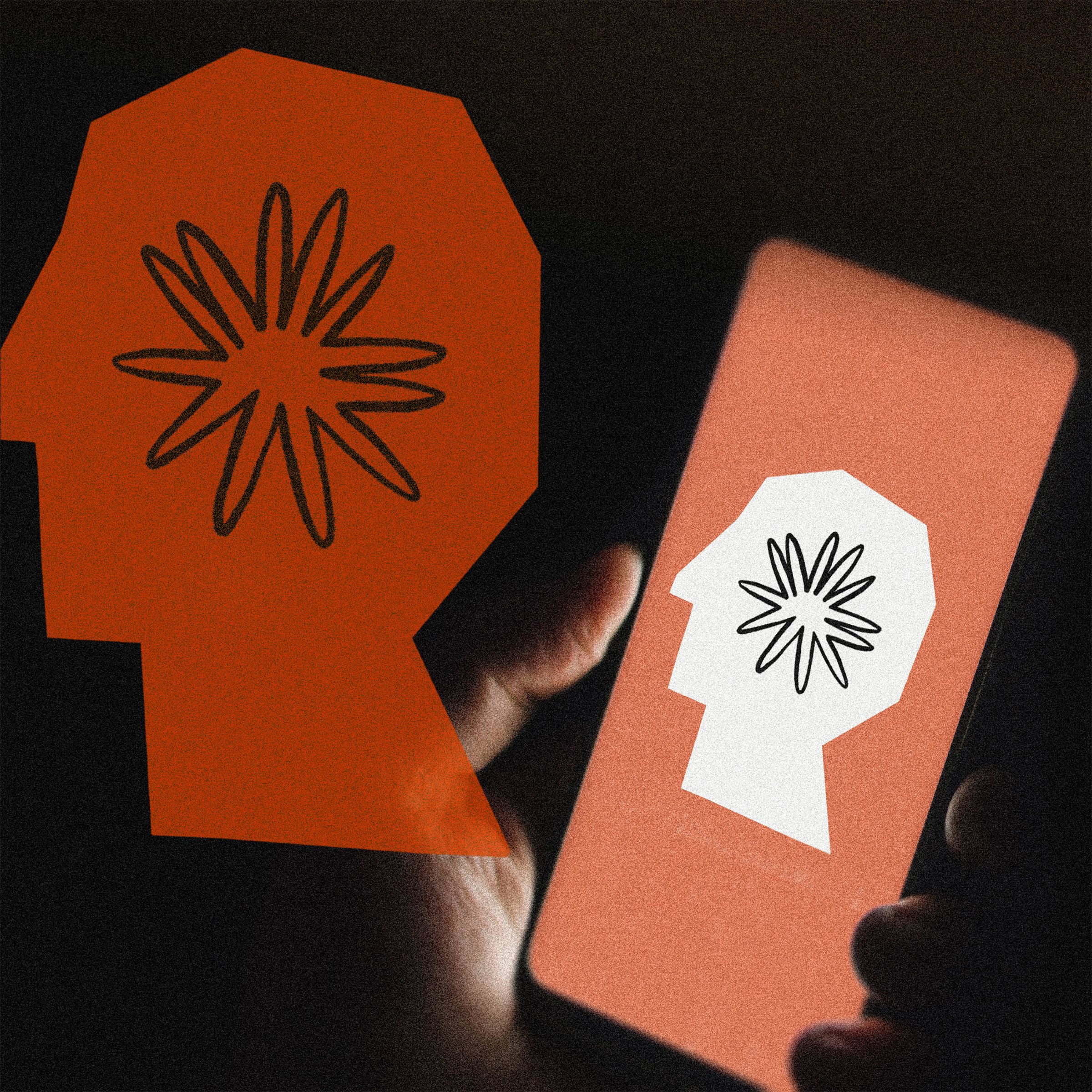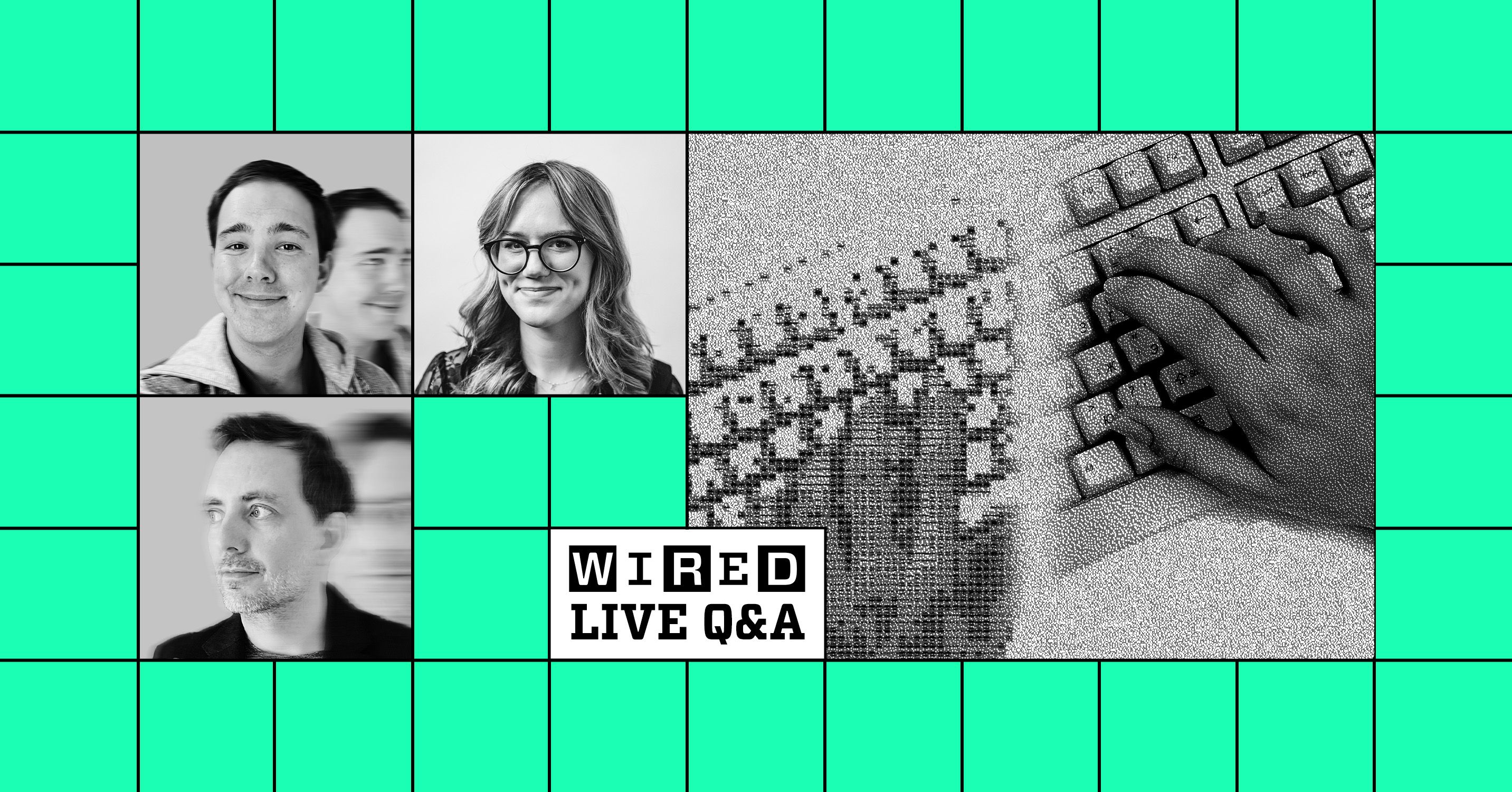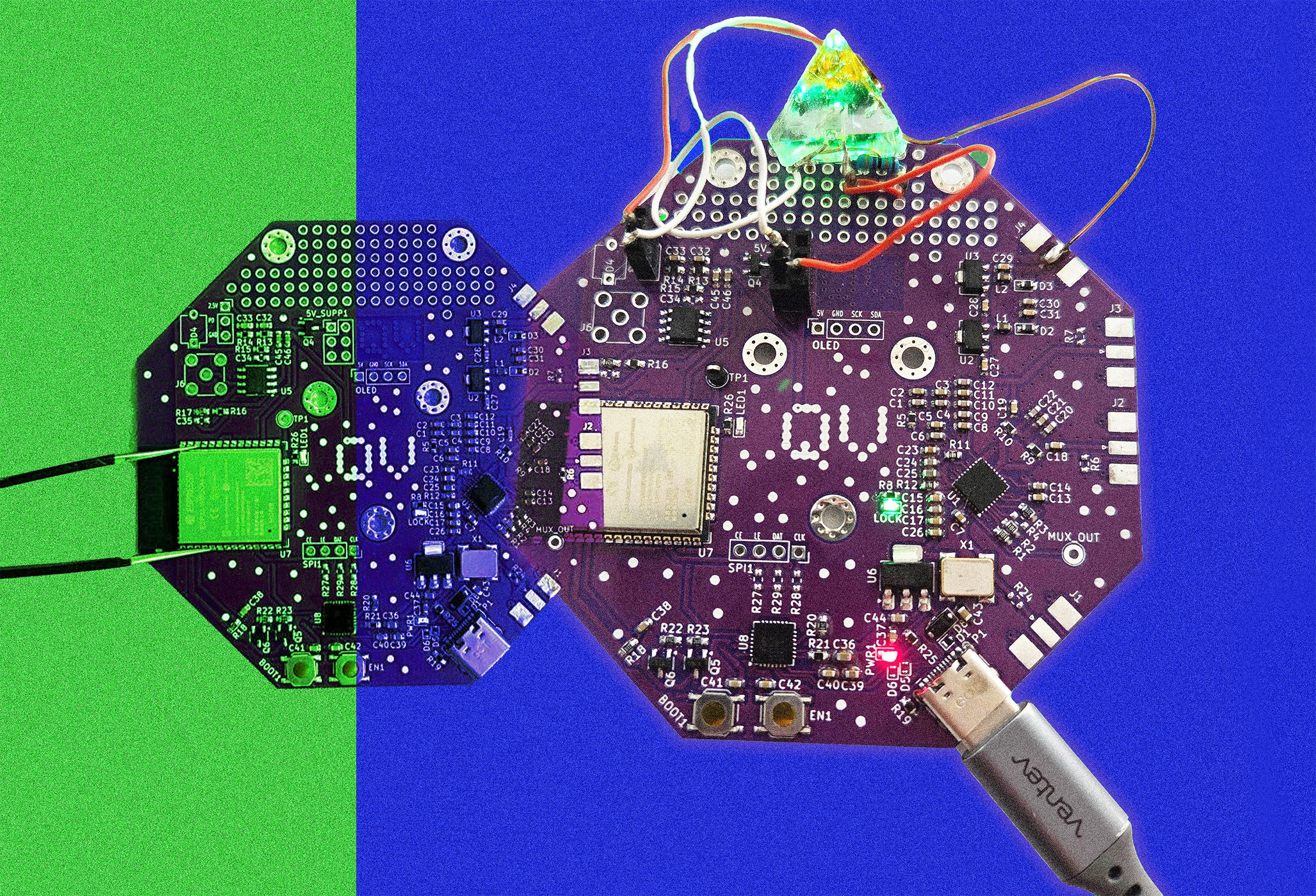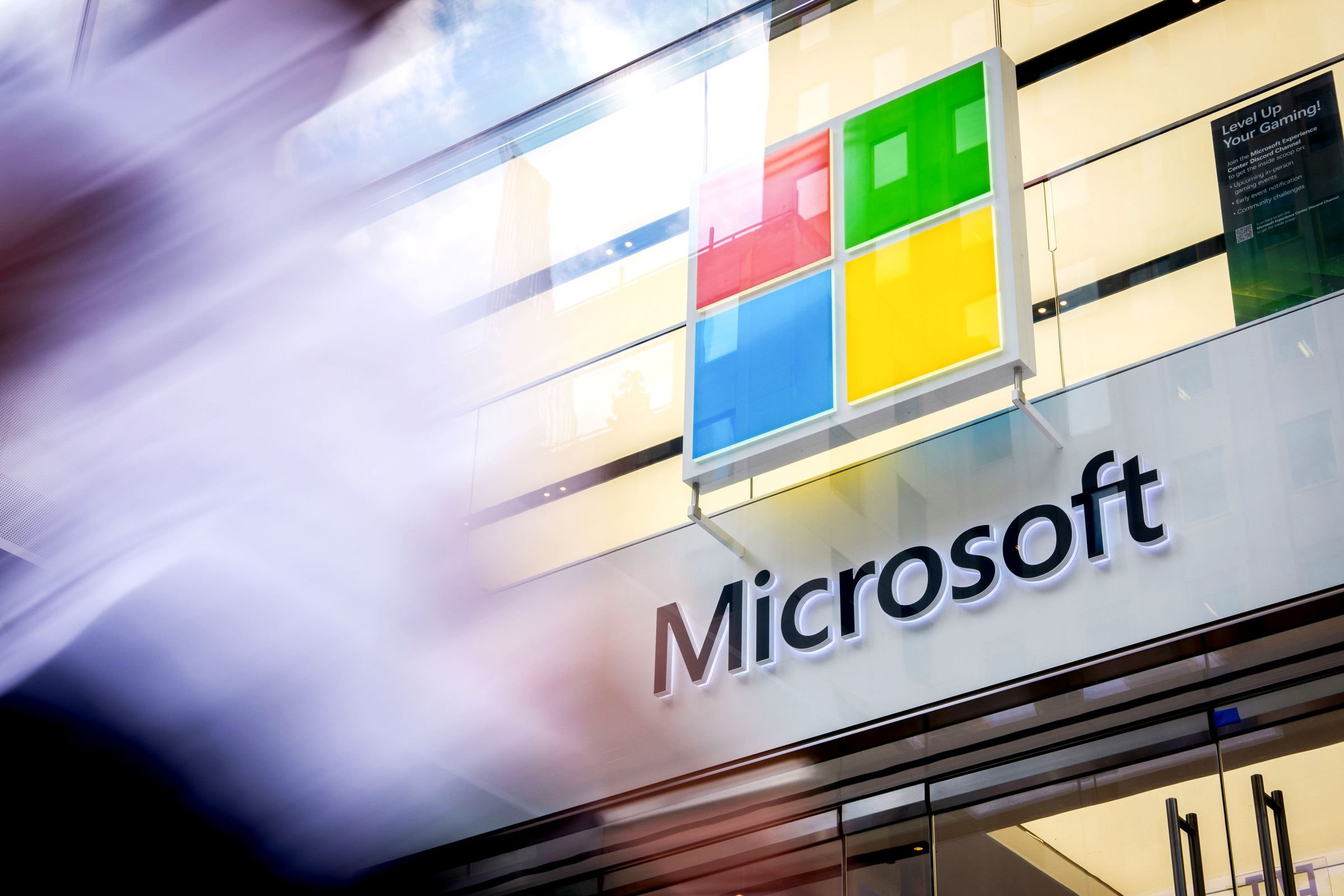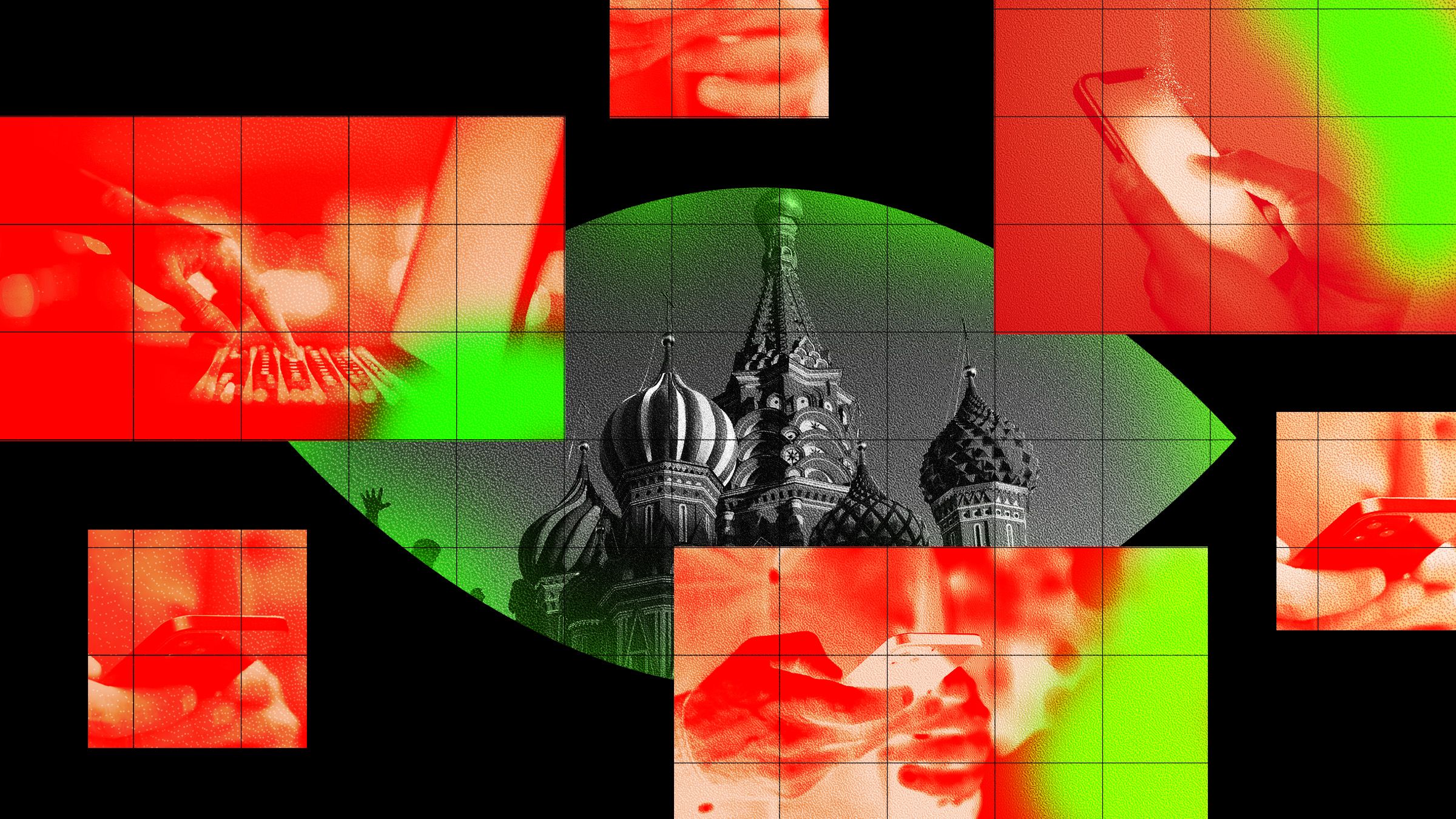A Single Poisoned Document Could Leak ‘Secret’ Data Via ChatGPT
A Single Poisoned Document Could Leak…
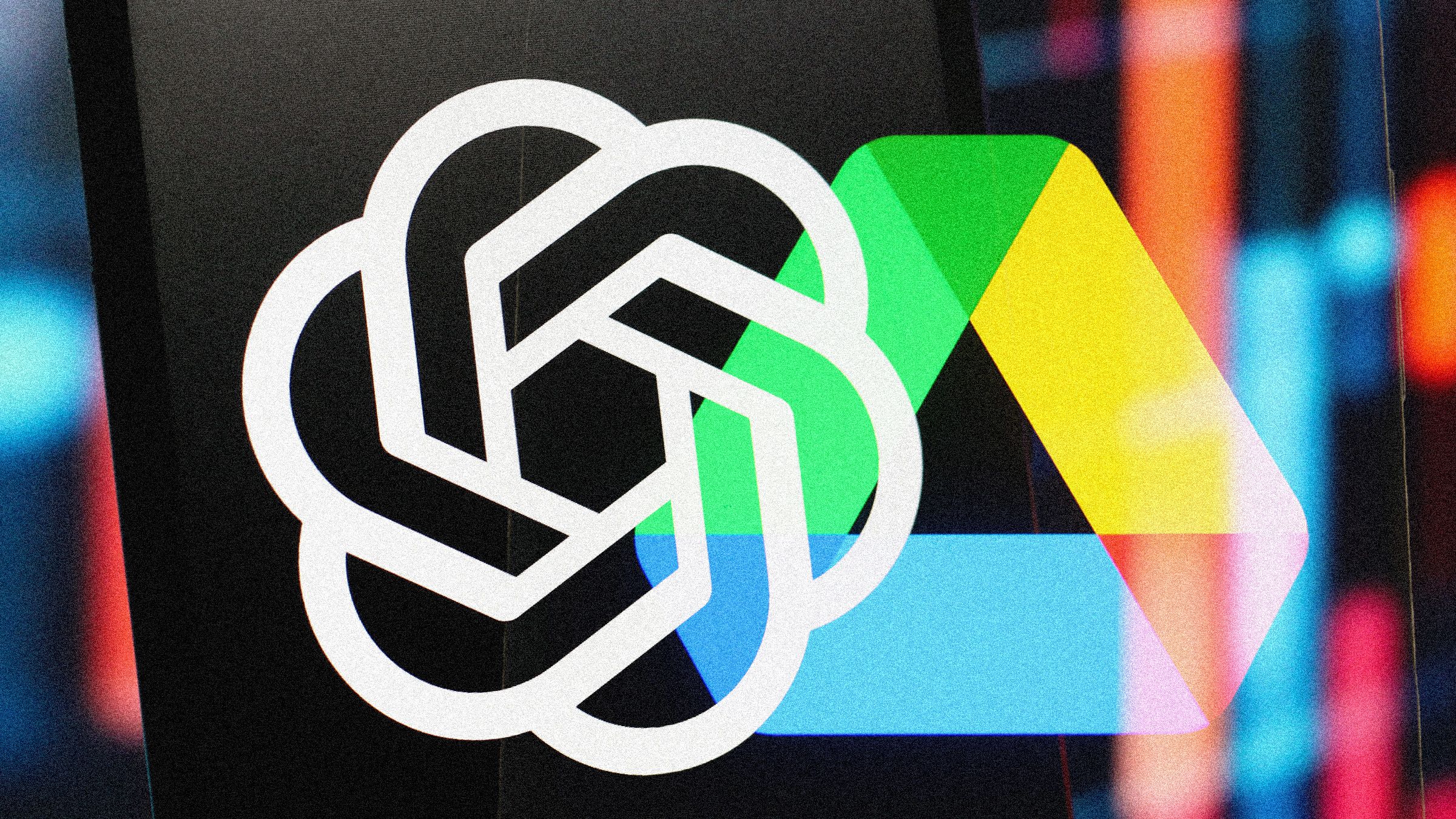
A Single Poisoned Document Could Leak ‘Secret’ Data Via ChatGPT
Imagine a scenario where a single poisoned document containing malicious code could potentially leak sensitive data when uploaded to ChatGPT, a popular AI chatbot platform.
This hypothetical situation raises concerns about data privacy and security in the digital age. With the increasing use of AI-powered tools like ChatGPT, there is a growing risk of malicious actors exploiting vulnerabilities to extract confidential information.
While AI chatbots offer valuable benefits in terms of efficiency and convenience, they also pose a significant threat to cybersecurity if not properly secured. The integration of AI into various platforms has made it easier for attackers to launch sophisticated attacks, such as data leakage through poisoned documents.
One of the key challenges in mitigating this risk is the difficulty of detecting malicious content in seemingly harmless documents. Traditional security measures may not be sufficient to identify and prevent data leaks resulting from poisoned documents uploaded to AI chatbots.
As organizations increasingly rely on AI technologies for communication and collaboration, it is crucial to enhance security protocols and implement robust safeguards against potential threats like data leakage through poisoned documents. Educating users about the risks associated with sharing sensitive information on AI platforms is also essential in preventing data breaches.
In conclusion, the potential for a single poisoned document to leak ‘secret’ data via ChatGPT underscores the need for greater vigilance and proactive cybersecurity measures in the digital landscape. By addressing these vulnerabilities effectively, organizations can better protect their data and safeguard against potential security breaches in the future.

